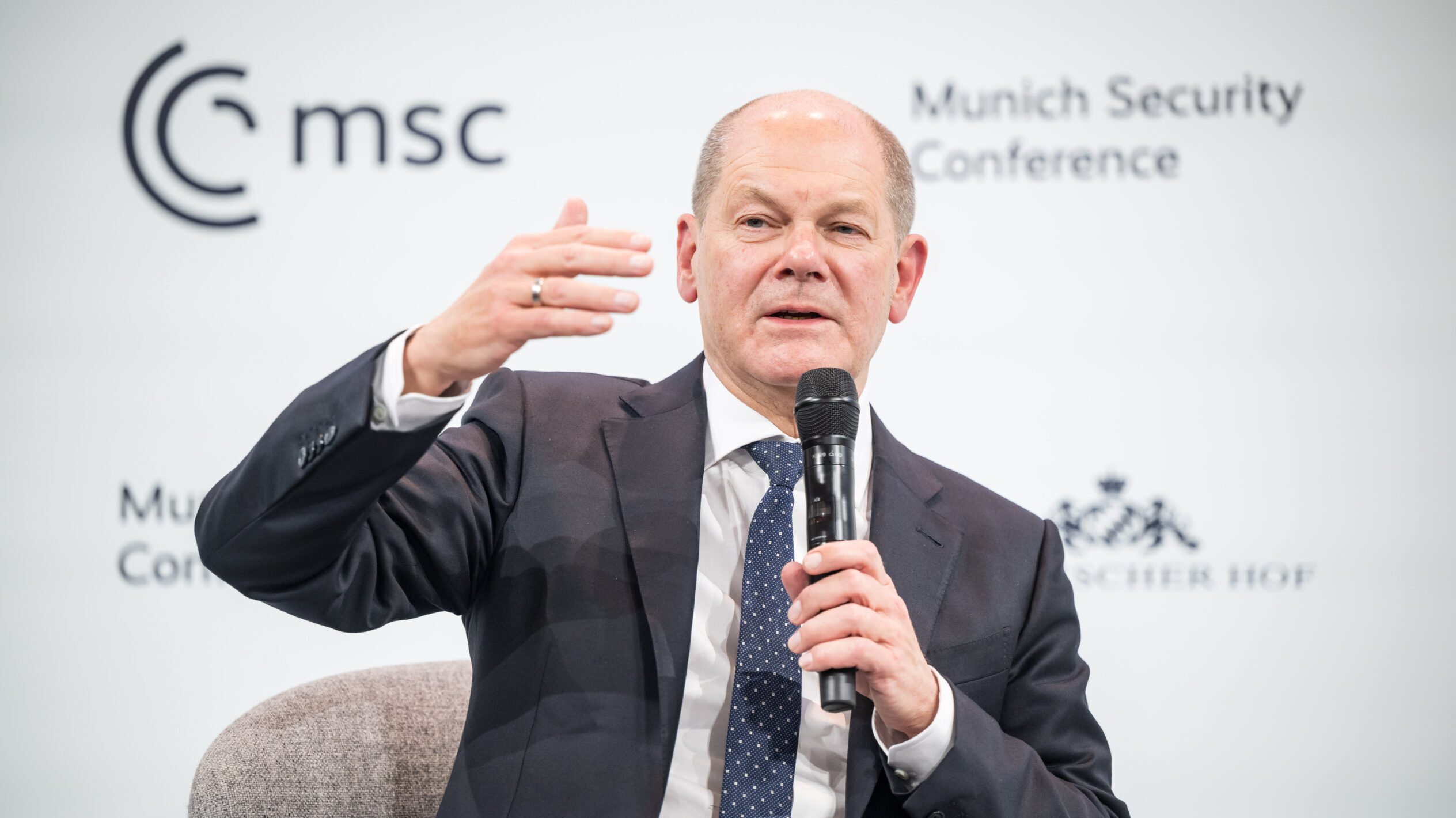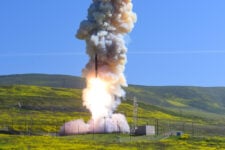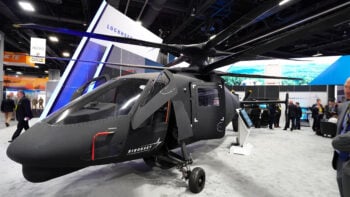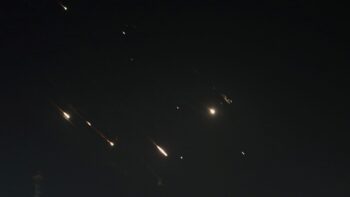
Olaf Scholz Federal Chancellor, Federal Republic of Germany, speaks at the 2023 Munich Security Conference. (Courtesy MSC)
BELFAST — Germany’s gift of 14 Leopard 2A6 main battle tanks to Ukraine will deploy “very soon,” less than a month after the Berlin government finally approved the donation. And now, German Chancellor Olaf Scholz said Friday, it’s time for other nations to step up and send their own tanks as quickly as possible.
In recent months, Germany was accused by many in Europe as being the hold-up for getting main battle tanks sent to Ukraine. While a host of European countries operating Leopard 2 fleets publicly lined up to offer them to Kyiv, they were legally unable to actually send them to the front lines without permission from Berlin, which controls Leopard export licences.
But today, Scholz indicated that commitment from other Leopard suppliers appears to have wavered considerably since then, with the German leader telling the Munich Security Conference that “all those who can supply battle tanks of this kind should now actually do so.”
He added that German officials have recently been “canvassing intensively” on the matter and will continue to do everything they can to “make the decision easier for our partners.”
Around 80 of the tanks, or two battalions, were originally planned for delivery to Ukraine when Scholz made the approval decision, according to Politico. Scholz did not mention any countries that have reneged on or remain hesitant over Leopard supplies, but German news website Welt reported Wednesday that Denmark and the Netherlands have both confirmed they will not deliver Leopard 2 tanks.
Poland’s Deputy Prime Minister Mariusz Blaszczak also said in a social media post this week that the international coalition are “working to ensure” Finland joins the effort. Similarly, Sweden has not said how many Leopard tanks it will send, despite previously declaring a willingness to do so.
Norway announced Tuesday it will gift eight of the vehicles alongside four “special purpose tanks” while Canada has agreed to send four units. Spain is reported to be offering between four to six platforms.
The political breakthrough on heavy weaponry marked a pivotal moment in strategic thinking by Western decisionmakers, previously concerned that more modern main battle tanks than the Soviet era T-72, operated by Ukraine, could lead to an escalation of the war.
Ahead of NATO assessing that Russia has already launched new “offensives,” Scholz said that “it is wise to prepare for a long war,” refusing to be drawn on a prediction regarding when the conflict will end.
“I’m absolutely sure that [Russian President] Putin never expected there would be a united Europe, a united world and he never thought the transatlantic partnership would work,” he explained.
Over the course of the almost year-old war, Germany has often been conflicted over how to manage a range of politically divisive issues like arms exports and defense spending, which has suffered from decades of underfunding.
“I see that there is broad support for the strategy and activities of the government,” said Scholz. “We are a democratic country and there are some [people] who worry whether it is really a good idea to do all the sanctions and deploy so many weapons to Ukraine. But even the big majority of [the public] in the end, accept that the government has to take a responsible decision and trust us in doing what we do.”
As attention from Western officials turns to the feasibility of providing highly capable fighter jets like the F-16 to the Ukrainian frontline, there are currently few signs that momentum on the issue is picking up.
Referring to potentially discussing the matter with US President Joseph Biden at an upcoming meeting, Scholz said vaguely, “we have a lot of debates where we work on questions on the table. It is something that only works if we do not tell you before.”
Washington continues to oppose the transfer of F-16 jets to Ukraine, while the UK has said that it will undertake training of Ukrainian fighter pilots as a way of supporting post war priorities, even as London remains opposed to providing Eurofighter Typhoon aircraft.
Meanwhile, at the security conference, Ukraine President Volodymyr Zelenskyy said that there was a low likelihood Russian ally Belarus joins the war, but added that if it did, the decision would be a “history making mistake.”
He told delegates, remotely, there could be “no alternative” to a Ukraine victory, NATO entry or EU membership.
Move over FARA: General Atomics pitching new Gray Eagle version for armed scout mission
General Atomics will also showcase its Mojave demonstrator for the first time during the Army Aviation Association of America conference in Denver, a company spokesman said.


























